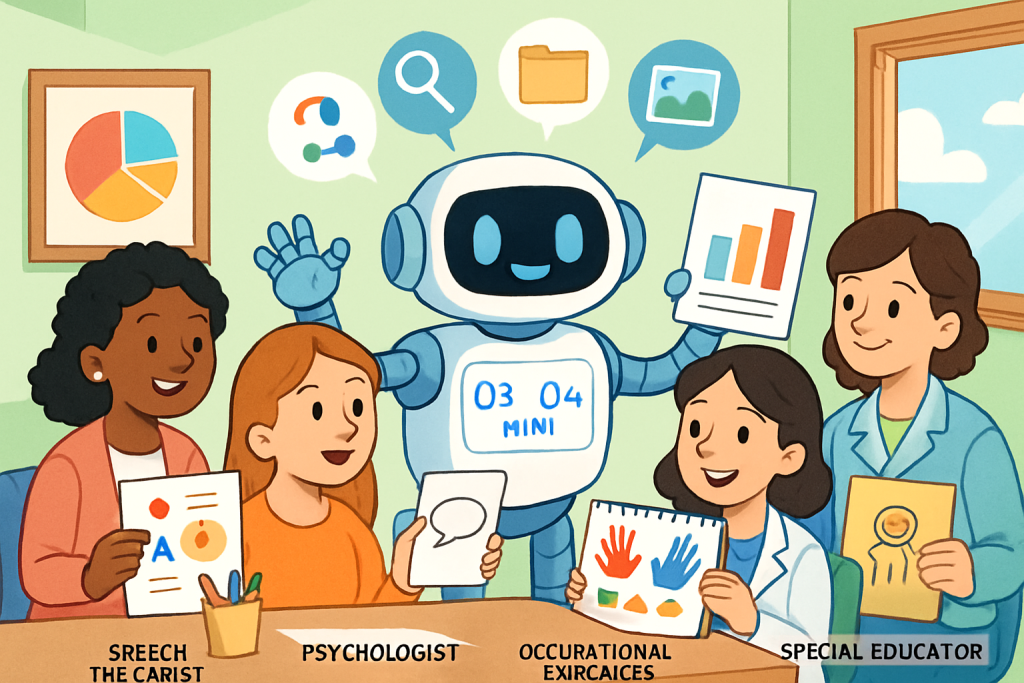
In the ever-evolving field of therapy, clinicians across disciplines are now embracing exciting opportunities brought by technology. Administrative tasks are becoming lighter, caseloads more manageable, and the renewed focus on compassionate mental health care is within reach. 2025 marks a groundbreaking era, as technology-driven solutions revolutionize how therapists work, collaborate, and care for their patients.
Today, therapists benefit from digital allies that turn paperwork and complex care logistics into manageable, streamlined processes. Advanced technologies—especially those powered by artificial intelligence (AI) and immersive digital platforms—are forging more efficient workflows, refining clinical insights, and broadening the impact of therapy. The result: clinicians can focus on delivering truly personalized care.
AI-Powered Scribes: From Paperwork to Patient Care
AI-powered scribes such as Mentalyc, Upheal, and Supanote AI are empowering both solo and group practices by automating session transcription and clinical note-taking. These tools not only minimize the hours spent on documentation but ensure that records remain precise and complete. Therapists are enjoying reduced mental fatigue and greater reliability in their notes, allowing more attention for client connection and individualized support.
Facial and Voice Recognition: Objective Insight into Mental States
With AI scribes lifting the burden of paperwork, facial and voice recognition analytics bring new depth to client assessments. These systems analyze micro-expressions and vocal biomarkers, helping therapists notice subtle changes in emotion or cognition early on. This empowers therapists to deliver timely, tailored interventions and promotes even better outcomes for clients.
Wearable Monitoring Devices: Proactive, Responsive Care
Wearable devices, from smartwatches to biosensor bands, now give therapists continuous insight into client well-being between sessions. With around-the-clock data on key health indicators, therapists can intervene proactively, supporting mental health and neurorehabilitation with greater safety and responsiveness.
Virtual and Mixed Reality Therapies: Immersive Healing Environments
Virtual and mixed reality therapies are transforming the healing experience. These platforms provide safe, controlled environments for clients to process trauma, practice social skills, or build coping strategies. For those with PTSD or neurodiverse needs, immersive tech is opening doors to resilience and progress once thought out of reach.
Integrative Platforms: Data Analytics and Care Coordination
Sophisticated care coordination and data analytics tools anchor this transformation. By bringing together health records and treatment plans, and streamlining communication among multidisciplinary teams, these platforms make truly data-driven, collaborative care a reality.
The Future Is Collaborative, Personalized, and Data-Driven
The 2025 therapy landscape is filled with possibility. With AI-powered tools simplifying administration and immersive therapies deepening healing, therapists are free to engage more fully with their clients and professional development. Early technology adopters are finding not just lower burnout, but greater satisfaction and enhanced outcomes.
The greatest promise is in cross-disciplinary collaboration: when clinicians, technologists, and patients join forces, innovation flourishes, and the collective impact on mental health soars.
Pro Tip: For therapists ready to embrace change, start with one new tool—perhaps an AI scribe to ease documentation—and add more solutions as you grow comfortable. Step by step, your workflow and the care you deliver will become even more effective and rewarding.
As digital transformation accelerates, one thing is certain: the future of mental health care will be even more efficient, empathetic, and impactful for all.
